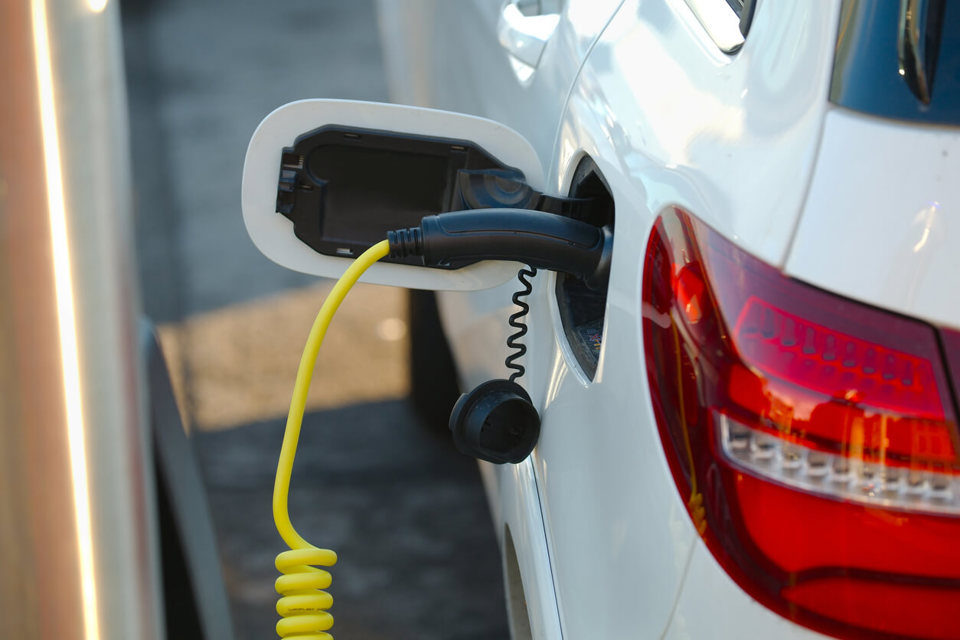Mass market electric cars has moved a step closer as Transport Secretary Philip Hammond awarded £24 million to further develop the UK's low carbon vehicle capability.
The six winning projects will receive total funding of £52m, including the development of new engines for plug-in hybrid versions of Nissan, Lotus and Jaguar Land Rover cars, a lightweight electric bin wagon, development of lightweight materials for vehicle weight reduction, and new technologies using thermal energy to improve vehicle performance.
The Government also set out the eligibility criteria for its Plug-in Car Grant. Under the scheme motorists will receive a grant of up to £5,000 to purchase electric, plug-in hybrid or hydrogen fuelled cars. In order to be eligible, cars must meet appropriate safety standards and must have been crash tested. They must also meet minimum range and performance criteria.
The Government believes that this combined support will place the UK at the forefront of low carbon automotive development and provide a vital economic boost for the UK economy by giving us a key competitive advantage in this increasingly important global market.
Transport secretary Philip Hammond said: “I am determined to make this Government the greenest ever and transport will have a key role to play. But this will not be achieved by forcing people off the road – it’s not the car that’s the problem, it's the carbon.
"While I am convinced that rail will be the future of long distance inter-urban journeys, we can't ignore the fact that 84% of journeys are made by car and there is no realistic prospect of displacing the private car for point to point complex journeys.
"However, we are on the brink of a technological revolution that will transform the way we see motoring in the 21st century allowing the benefits that the private car delivers without destroying the planet in the process."
In line with the Coalition Agreement commitment to mandate a national recharging network, guidance has also been released to the 15 places interested in bidding for the second round of the Plugged-In-Places infrastructure programme. This sets out in more detail what we want from these projects to support our decision-making on a national recharging network.
Business minister Mark Prisk said: “The winning consortia are all exciting examples of the breadth and depth of the UK’s technical capabilities in low carbon vehicles.
"Collaboration between UK-based vehicle manufacturers, supply chain companies and academia will help Britain become one of the leading centres for the design, development and manufacture of ultra-low carbon vehicles.
"All of these projects had to demonstrate a credible route to market. This is about real business opportunities and high-tech jobs being created from the move to a low carbon economy.”
To find out more about electric vehicles, reviews and the co2 emissions calculator, come to the fleet news co2 section.
















Login to comment
Comments
No comments have been made yet.